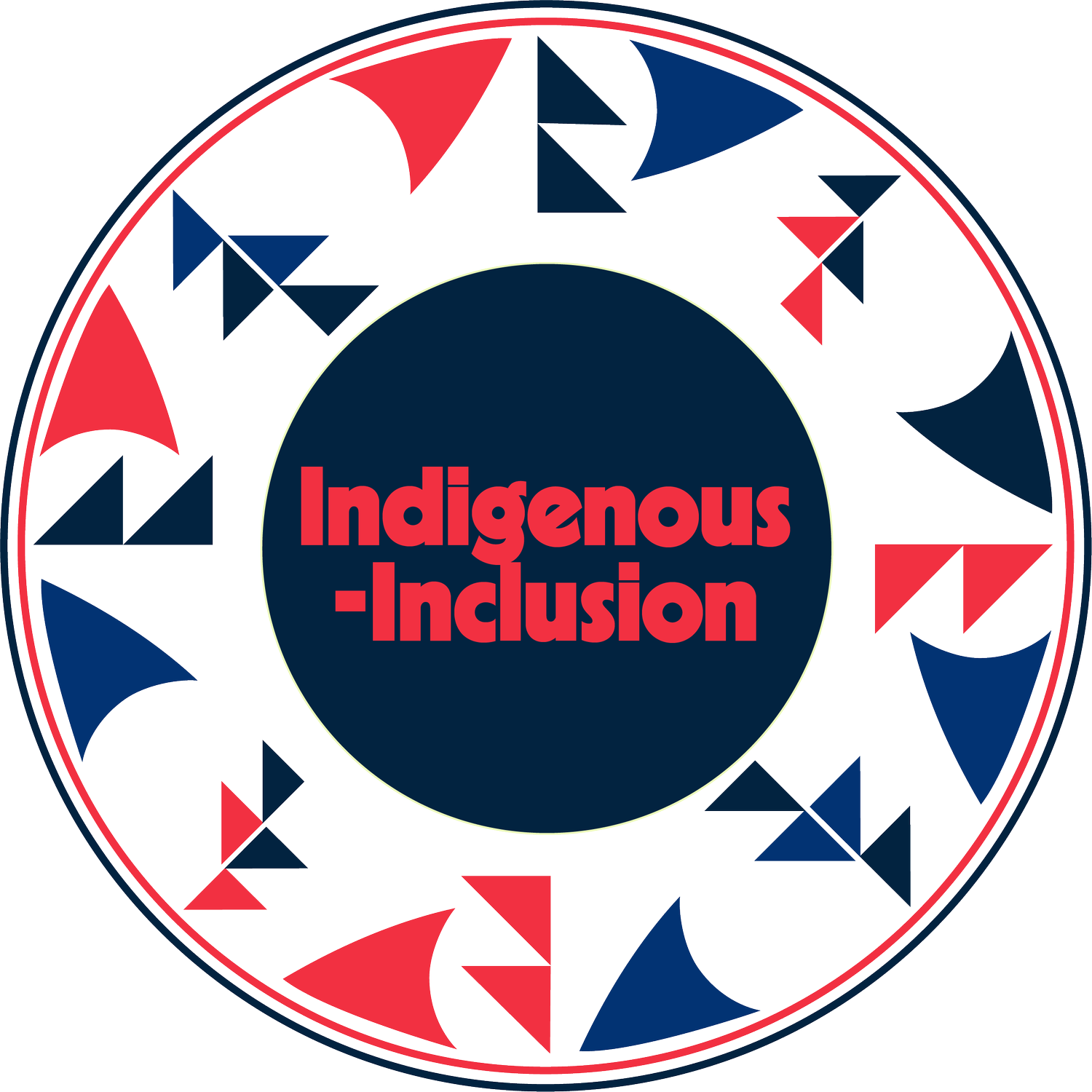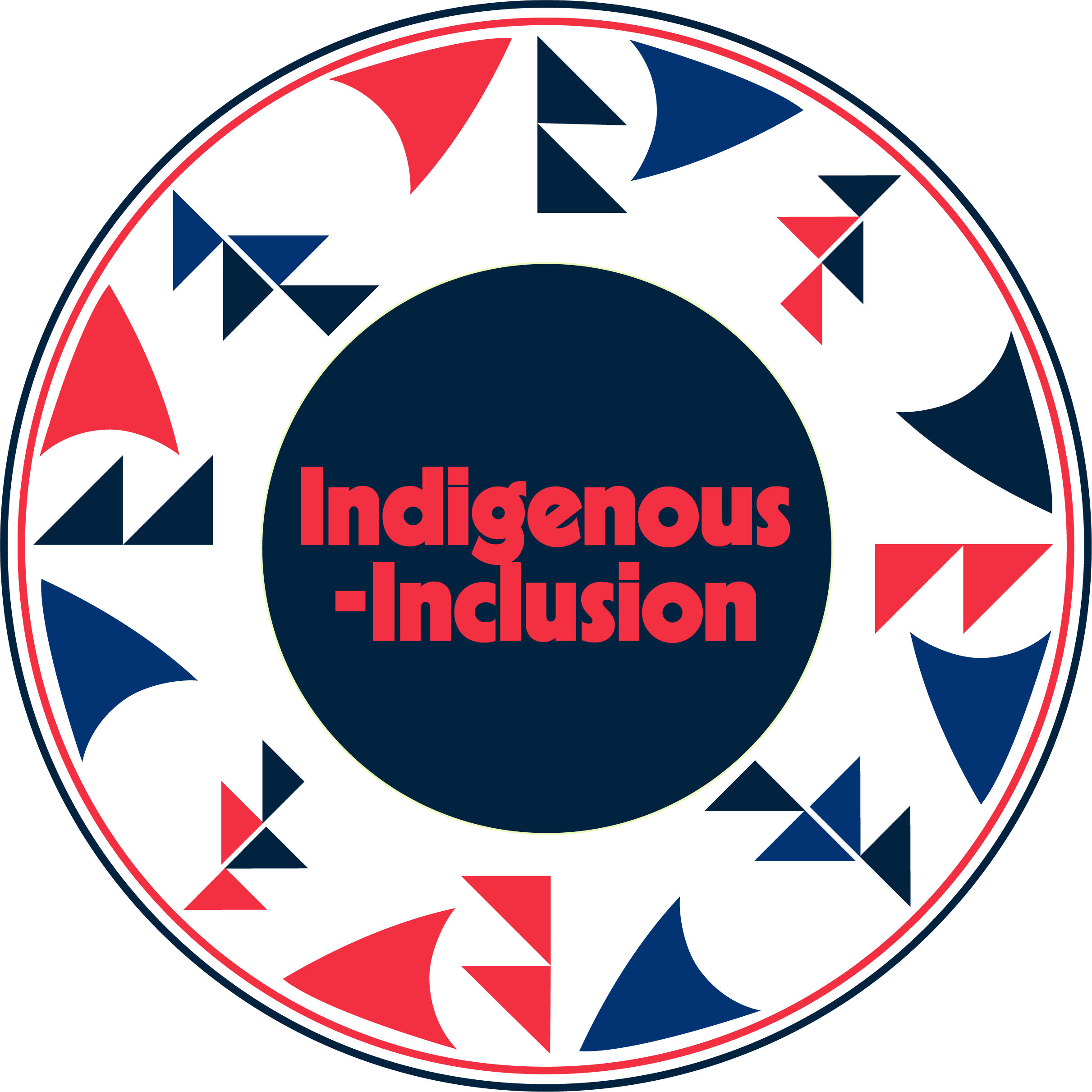
Nuux, hello!
-
We produce and facilitate interactive inclusion, allyship, anti-racist communication and decolonizing practices seminars that speak to everyone, no matter their cultural, academic or professional background.
We deliver actionable insights about Indigenous inclusion and decolonizing practices in the workplace by equipping participants with language, knowledge and skills to navigate cultural nuances, map team dynamics and plan for culturally-safe, trauma-informed environments.
-
We start by raising your team’s critical analytical awareness about Indigenous inclusion and cultural narratives to foster shared language and organizational action about what can get in the way of empathy and equity.
We produce engaging, media-rich content that delivers knowledge through dynamic media and memorable infographics that keep learners engaged.
We capture your team’s insights, commitments and action items in documents you can build with.
-
Our seminars are created by Ta7talíya Nahanee, an award-winning course designer and critical Indigenous communications scholar with over 30 years experience in indigenous-specific communications and design.
Through facilitation, seminars, workbooks and games, Ta7talíya shares her traditional Squamish teachings with contemporary Indigenous critical theory to catalyze social change through organizational transformation.
Clients have shared that they have gained shared language and understandings to work through existing challenges and set new goals grounded in decolonizing practices and commitments to cultural safety.
-
Our two-hour interactive seminars cost $200 per person for a minimum of 24 people so that's a $4800 investment in organizational transformation and professional development that meets the goals outlined in the TRC's Call to Action 92 regarding Business and Reconcilation.
-
review the purpose and content of each of the four 2-hr inclusion seminars we offer, as listed below
fill out the contact form to select the seminar(s) you are interested in and share your preferred date(s) with us
we’ll reach out to confirm our availability and answer your questions
when you decide you are ready to book, we will send a service agreement for you to sign as well as a deposit invoice to lock in the date(s)
then, you’ll book a planning session so we can meet by phone or zoom to learn more about your team, goals and context
we’ll host a dynamic, informative seminar via zoom or in-person if you book two or more
you’ll receive a pdf of the activations and commitments your team co-created and shared during the seminar
you have the language, tools and will to activate organizational change.
Four new, 2-hr, Indigenous Inclusion seminars by Nahanee Creative:
-

ACA answers:
What is critical allyship? By expanding on, and reconnecting to, the practice of allyship, we focus on developing critical awareness about what it isn’t. For example, allyship is not about fixing us or feeling sorry for us but we continue to see these behaviours under the banner of allyship.
What is allyship with Host Nations? From connecting to the land, to honouring the Ancestors AND the current generation, allyship with Host Nations also includes taking action toward redress and examining your personal and organizational complicity in colonialism.
What is allyship with Indigenous Peoples? Move from awareness to action, in a good way, with decolonization, indigenization and reconciliation by knowing what each means to you, how they can fit together, and by preparing for what might get in the way.
What is allyship with Self? How can you care for yourself to be the best ally you can be? Let’s talk about colonial conditioning and tools of supremacy that impede our connections, like perfectionism.
The seminar includes: short audio talks, decolonial terminology, infographics, short videos and a handout.
-

E4A explains
anti-racist communication, decentering, confronting colonial myths and unlearning colonial conditioning with short audio talks, decolonial terminology, infographics, short videos and a handout. As a critical Indigenous communications scholar, I'm always looking to language, the power that's embedded in language, how we think about knowledge, and how that knowledge translates into our biases in our everyday communication.
This course raises your awareness about how invisible rules govern how we speak, how we show up in different spaces, and how invisible power dynamics are actually always at play. We will surface some of the oppressions that come up through etiquette. And, develop practices for unlearning anti-Indigenous racism in communication.
As a team, with support, you will reflect on colonial myths, the power of language, how colonial conditioning impacts all of us and how we can unlearn social hierarchy and relearn good relations grounded in Indigenous ways.
The seminar includes: short audio talks, decolonial terminology, infographics, short videos and a handout.
-

D101 introduces
Decolonizing Practices, which I define as actions we can take, words we can say, ideas we can unlearn and behaviours we can change to undo ongoing colonial impacts.
D101 deep dives into concepts, vocabulary and applications related to decolonization, reconciliation, indigenization and more. The session weaves storytelling, Sḵwx̱wú7mesh teachings and critical analytical frameworks to prepare your team with language, guidance, and actionable tools to feel self-assured about what decolonization means to you and how to put your goals into action.
If you’ve wondered what is the difference between indigenization, reconciliation and decolonization is, or want to understand how they fit together, this seminar is for you. Focused on supporting your decolonial journey, with tools for social change, D101 is an excellent accompaniment to groups working with the Decolonize First workbook.
Teams will be guided through a reflection sharing exercise that will leave you with a co-created set of decolonial priorities to apply within your organization.
This seminar includes: short audio talks, decolonial terminology, infographics, short videos and a handout.
-

A2A prepares
organizations to implement the Truth and Reconciliation Commission's Call to Action #92. Section 3 of "Business and Reconciliation" which asks organizations to educate management & staff on the legacy of residential schools, Treaties, UNDRIP, Human Rights, intercultural competency and anti-racism.
This interactive seminar features infographics, short videos, resources for further learning and facilitated planning for your next steps.


